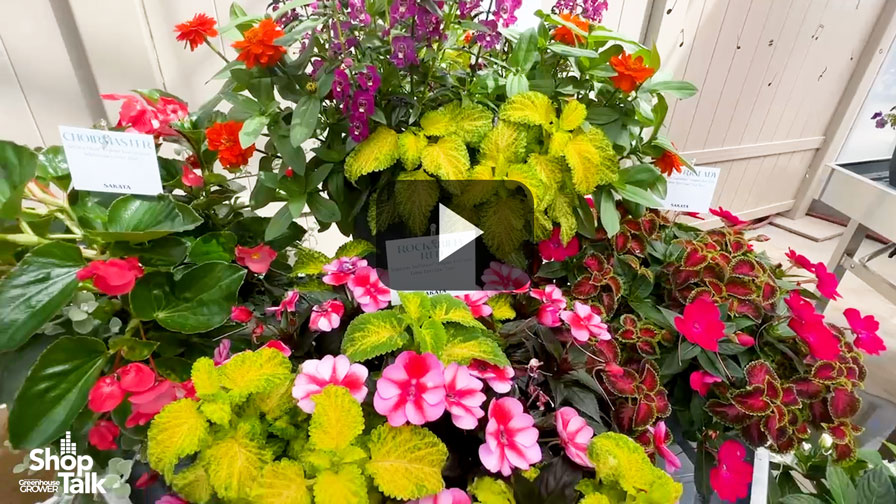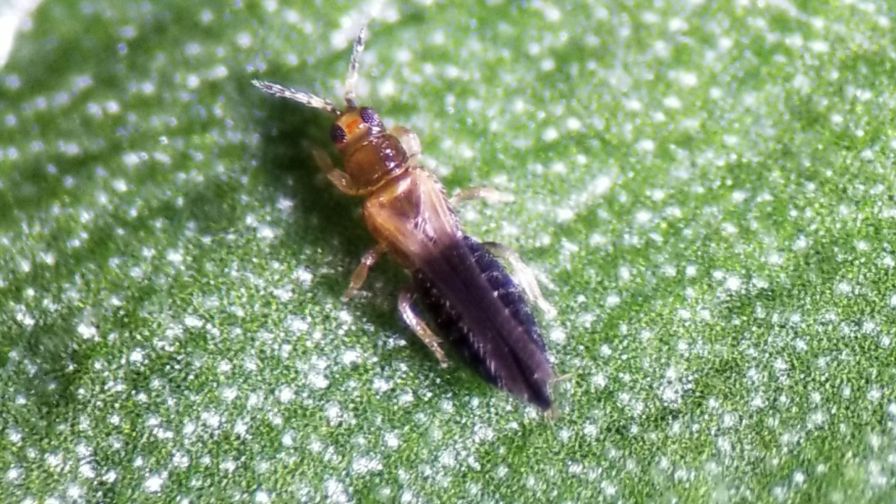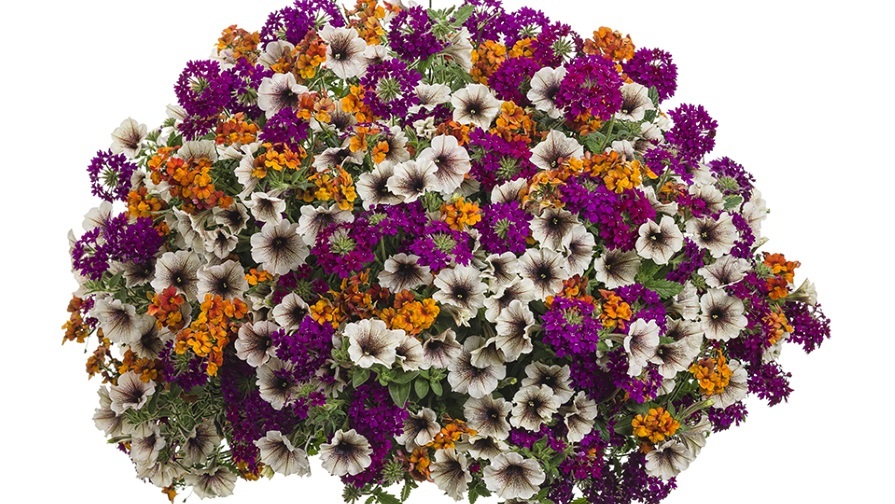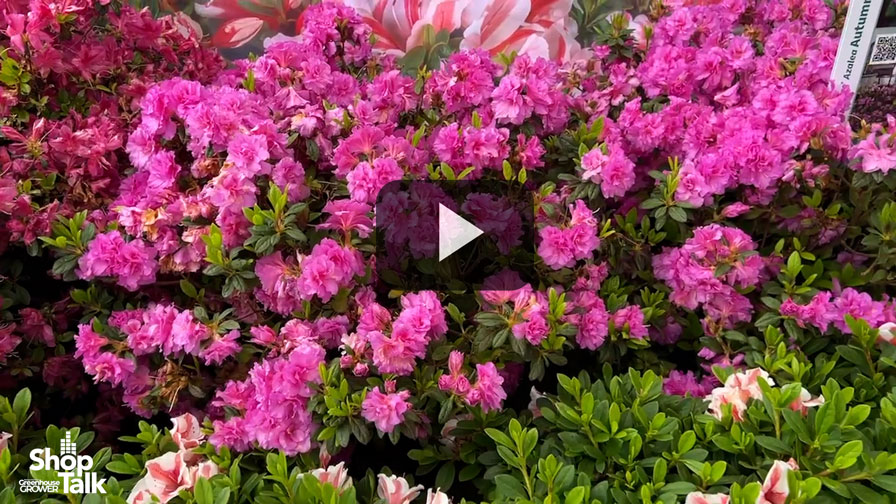Jumping Right Into Sustainability!

However, another hot-button issue that is pervading our industry is sustainability. No one can even define the term, so it is no wonder we are all a little confused. I went to the venerable Merriam-Webster Dictionary and looked up sustainable, and read the following: “capable of being sustained.” Hmm, that really didn’t help, so I continued to read: “relating to, or being a method of harvesting or using a resource so that the resource is not depleted or permanently damaged.” Now that seems an easy enough concept to understand. So I thought, “Maybe we can do a little less depleting and little more sustaining.”
Recently, I wrote a column in which I observed that many companies don’t see profitability in making changes to get them closer to sustainability. The discussions were profound, but essentially, their comments were “Who really cares?” I left those discussions a little gloomy but then thought to myself, “Put your money where your mouth is, don’t wait for others.” For me, how to start was simple: talk to our Generation Xers. After all, aren’t these the people we are gnashing our teeth about, wondering how we can get them involved in gardening and plants? I employed Ms. Erica Mehan, a sustainability believer, and gave her a job as “Sustainability Leader.” I asked her to show this old guy how to point our trial gardens towards sustainability. Last year we just put our big toe in. This year we decided to hold our breath and jump in.
I have long been a fan of reducing plastics, and was probably one of the first people to convert to the Ellepot. We have used them for the greenhouse phase of the UGA Trial Gardens for three years, and I even have my students use them in class to compare plant growth against plastic pots (Answer: no difference). So, we agreed to use Ellepots instead of plastic for every plant we grow. What we paid extra for pots we saved in the labor of planting them in the garden.
I had talked to fertilizer manufacturers for some time, and we began discussions with the Daniels fertilizer people, makers of Daniels Plant Food, a liquid organic-based fertilizer formulated from oil seed extract base. Geared to the commercial side of our industry, they could supply what we needed. For biological supplements, we talked with the Organica Biotech Co. about Plant Growth Activator, a product consisting of beneficial soil microorganisms. There are other companies out there with other products, but these are the people we approached, and since they were keen on working with us, we forged a partnership.
The smartest thing I did, however, was talk to my friend Janet Curry at Ball Horticultural, who agreed to coordinate these efforts. The Ball people have not only been talking about the issue of sustainability, but have been putting programs for the greenhouse operator in place for years now. Janet is their catalyst. I flew to Chicago and talked with her and Bill Doeckel, both believers, and went away encouraged that we could do this without affecting the quality of the trials.
This may read like an advertisement for these companies. Not so, we are partners in this project, and I am pleased to tell anyone who wishes to listen.
Erica has more ideas to achieve our goals. She will soon have ladybugs, praying mantids and green lacewings flying around, and is looking into renewable fuel options, manual tools and alternative methods for pest and disease of fungal control.
We are in our second year and are neophytes. Our trials are right in the middle of a 32,000-student campus, so we have lots of eyes on our progress. We are not doing a better job than many of you, but like those who have made a commitment, we do think people care.
We are asked if we will be certified “organic.” I simply want to do a better job of reducing our waste and increasing our use of sustainable products. I am not an eco-crazy, but I am concerned about the waste our industry generates. I feel better if I can make even a tiny bit of improvement. I have a job to do–to make these the best trials in the nation and to provide credible data for all who are interested. Therefore, for now, I have no interest in being certified organic. A little less depleting and a little more sustaining is good enough for me.
Check our progress, ask questions or join us at the Gardens at the UGA Web site, www.uga.edu/ugatrial.









